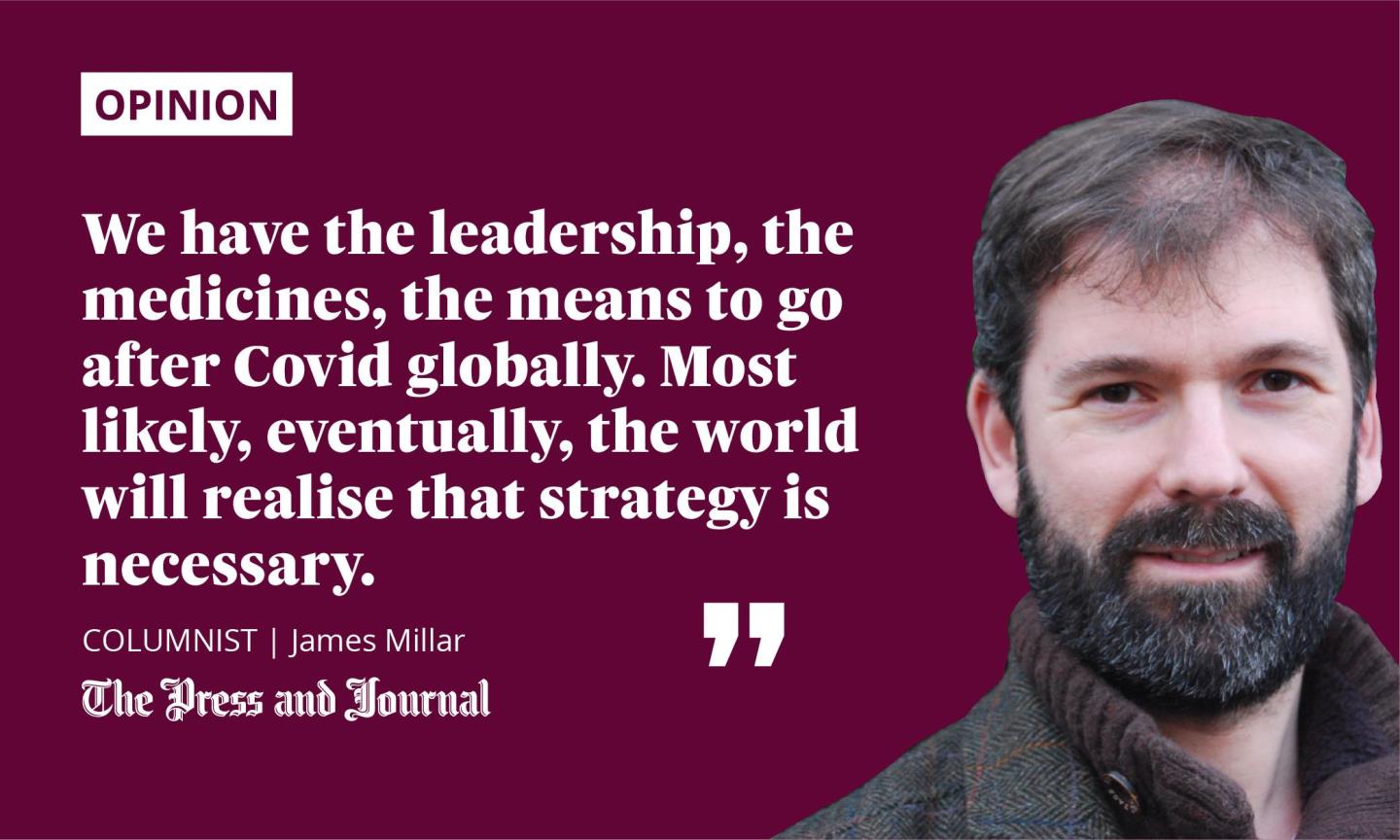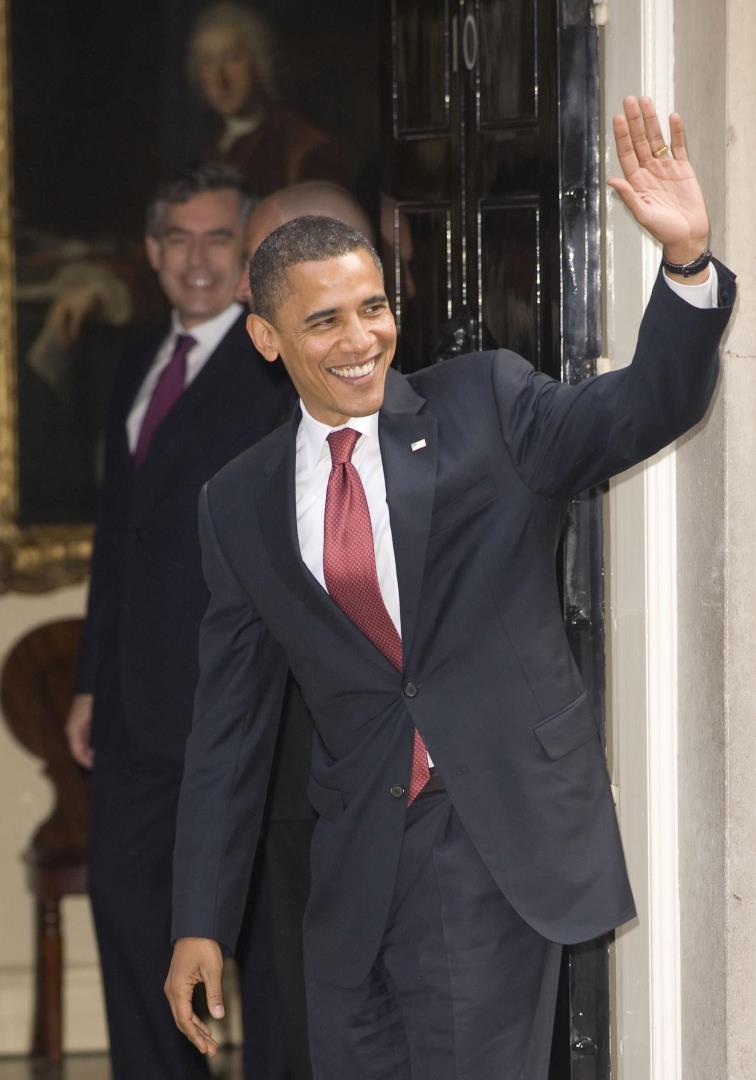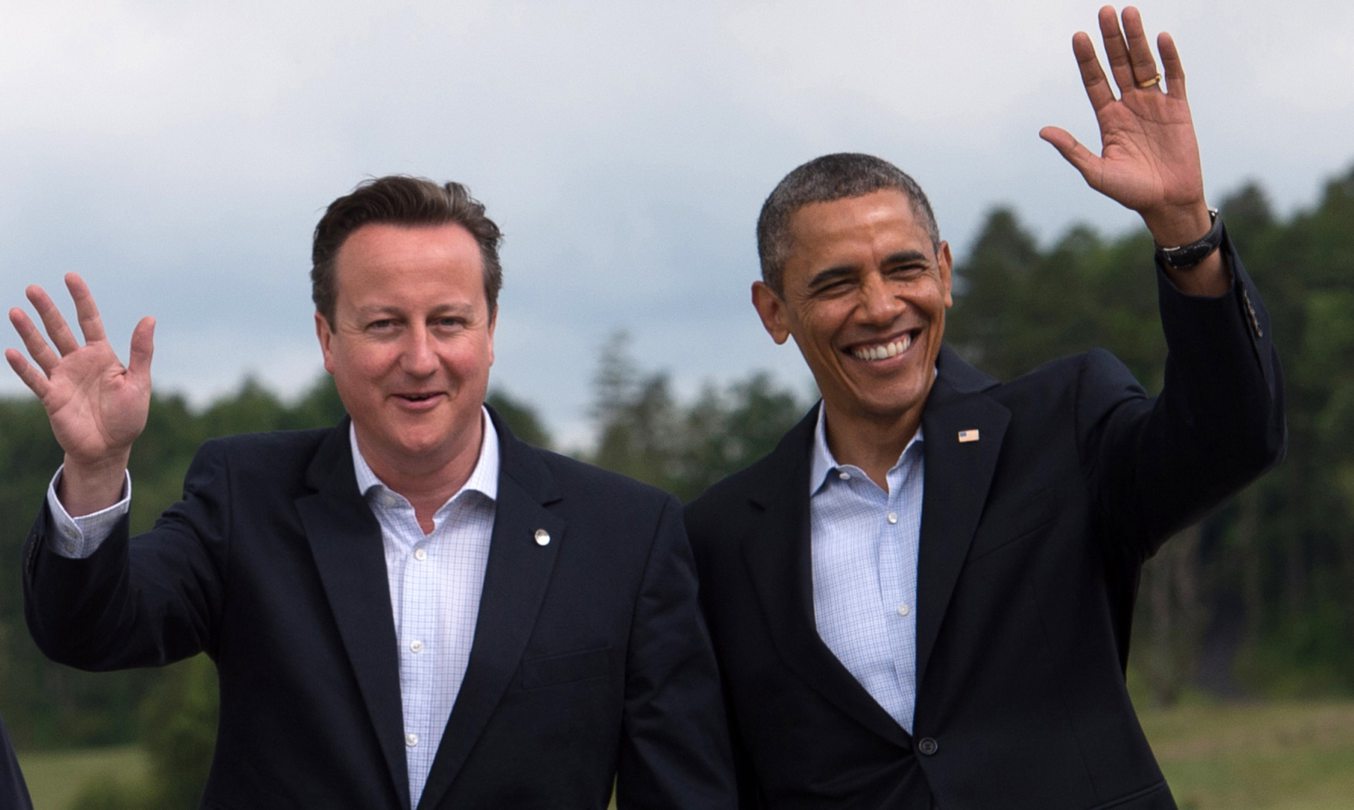The biggest political development last week took place not on the beaches of northern France, nor in the Covid labs of South Africa, nor even at Peppa Pig World, but in Berlin.
A new German government has been agreed and Angela Merkel’s time as chancellor will shortly come to an end. This matters for humanity.
For a start, the title of most powerful woman in the world suddenly looks facetious. With a man replacing Merkel, it passes to Sanna Marin, prime minister of Finland, or Jacinda Ardern in New Zealand – either way, these are not nations capable of shaping the geopolitical weather.

Some might make the case for US vice president, Kamala Harris, but that would only really be true for the few minutes each year that Joe Biden hands over the controls while he’s knocked out for his annual colonoscopy. (Presumably a tradition introduced under his predecessor, as White House doctors struggled to locate Donald Trump’s brain.)
Secondly, there’s the issue of who leads the free world. According to accounts from the time, Barack Obama was as explicit as he could be in handing the torch of freedom to Merkel as he exited the White House, understanding that Trump could not be relied upon in that regard. He was right about Trump, but he overestimated Merkel, who retained her caution on foreign affairs. The democratic world has drifted ever since.
No matter what, Covid vaccines should be shared
The emergence of the Omicron variant of Covid demonstrates why this matters. It’s not just a parlour game for politicos to debate whether Macron’s vigour trumps Biden’s arsenal. It ought to be clear to all that coronavirus requires a global response and global leadership.
If you believe in some sort of shared humanity, then Covid vaccines should be shared. If you think that only British citizens really matter, then Covid vaccines should be shared – because Brits travel abroad and UK businesses rely on a global marketplace.
It was Tony Blair who warned that stopping globalisation was like trying to prevent the changing of the seasons. But it was his successor who demonstrated the strength of a grand global plan.
When the economy broke in 2008, Gordon Brown convened the leaders of the developed world to fight back. According to an anecdote recounted on the recent BBC documentary about the New Labour years, the then French president, Nicolas Sarkozy, flailed in the Downing Street summit and decried the lack of a plan, only for Barack Obama to reach over, tap his microphone and intone: “I think Gordon’s got a plan.”
It’s a Hollywood tale, not just because of the French stereotype and the corny scripting, but also due to the comfort it engenders – just like in the movies, the good guys have a plan and someone is in charge of the narrative.
Dumping lower quality goods on foreign markets at knockdown prices sounds a lot like a very short definition of colonialism
That’s sorely lacking in the story of Covid. Vaccine nationalism has run rampant as the world’s leaders have, at best, taken a short-sighted approach to protect their population ahead of and at the expense of others, or, at worst, played down the threat and left their own citizens to their fate.
Worse, the UK has moved from vaccine nationalism to vaccine colonialism. After talking up the AstraZeneca jab as a British success story, it is now deemed not good enough for the vital booster campaign – only US jabs from Pfizer and Moderna are being used. Yet, politicians still crow about shipping off the Oxford jab to nations in need and at cost price. Dumping lower quality goods on foreign markets at knockdown prices sounds a lot like a very short definition of colonialism.
Use the expertise and drive of former world leaders
What the global south needs is empowerment, education, expertise, and equality of access to the best medicines. As Jackie DeShannon so nearly sang: what the world needs now is leadership.
One of the benefits of a trend towards younger presidents and prime ministers is that they are still knocking about with nothing much to do.
Obama tootles around with his own charity foundations, former Aussie PM Julia Gillard took on an international role promoting education, the global gravitas Gordon Brown gained from his response to the financial crisis has yet to wear out. Former Danish PM Helle Thorning-Schmidt has spent the time since losing office working with Save the Children and Facebook, giving her exactly the insight required to run a vaccine campaign in Africa. Getting David Cameron involved might keep him out of trouble.
Whatever one thinks of their politics, these people have experience, time, and an ongoing urge to serve. It’s foolish not to harness those qualities.
The Omicron variant demonstrates that the world remains imperilled. The reaction so far shows the world remains bedevilled by parochialism, vaccine nationalism and vaccine colonialism.
We have the leadership, the medicines, the means to go after Covid globally. Most likely, eventually, the world will realise that strategy is necessary to put a lid on it once and for all. The sooner we get on with it, the better.
James Millar is a political commentator, author and former Westminster correspondent for The Sunday Post


